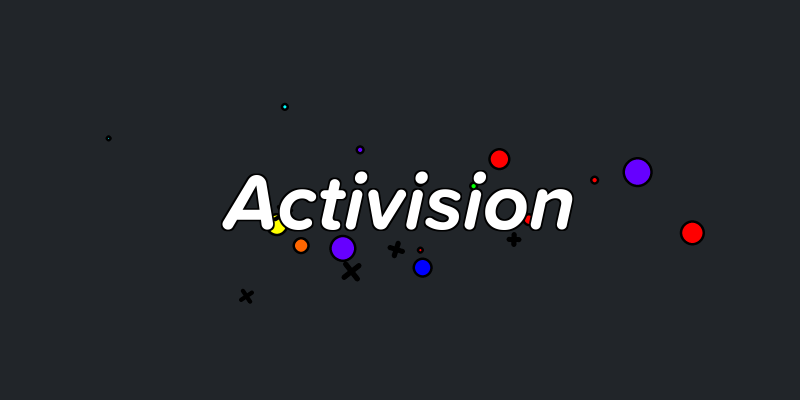
Roku's HDR Update Turns Colorful Shows Into Black & White
Roku's HDR Update Sucks the Color Out of Streaming (Literally) If you’ve been watching Andor lately and thought, “Huh, didn’t this galaxy far, far away used to be more colorful?”—you’re not alone. Roku users are reporting that their TVs have decided to take a little creative license with HDR content by turning it into grayscale masterpieces. What started as an issue on Disney Plus has snowballed into a full-blown color crisis across multiple streaming apps.
05 May 2025









